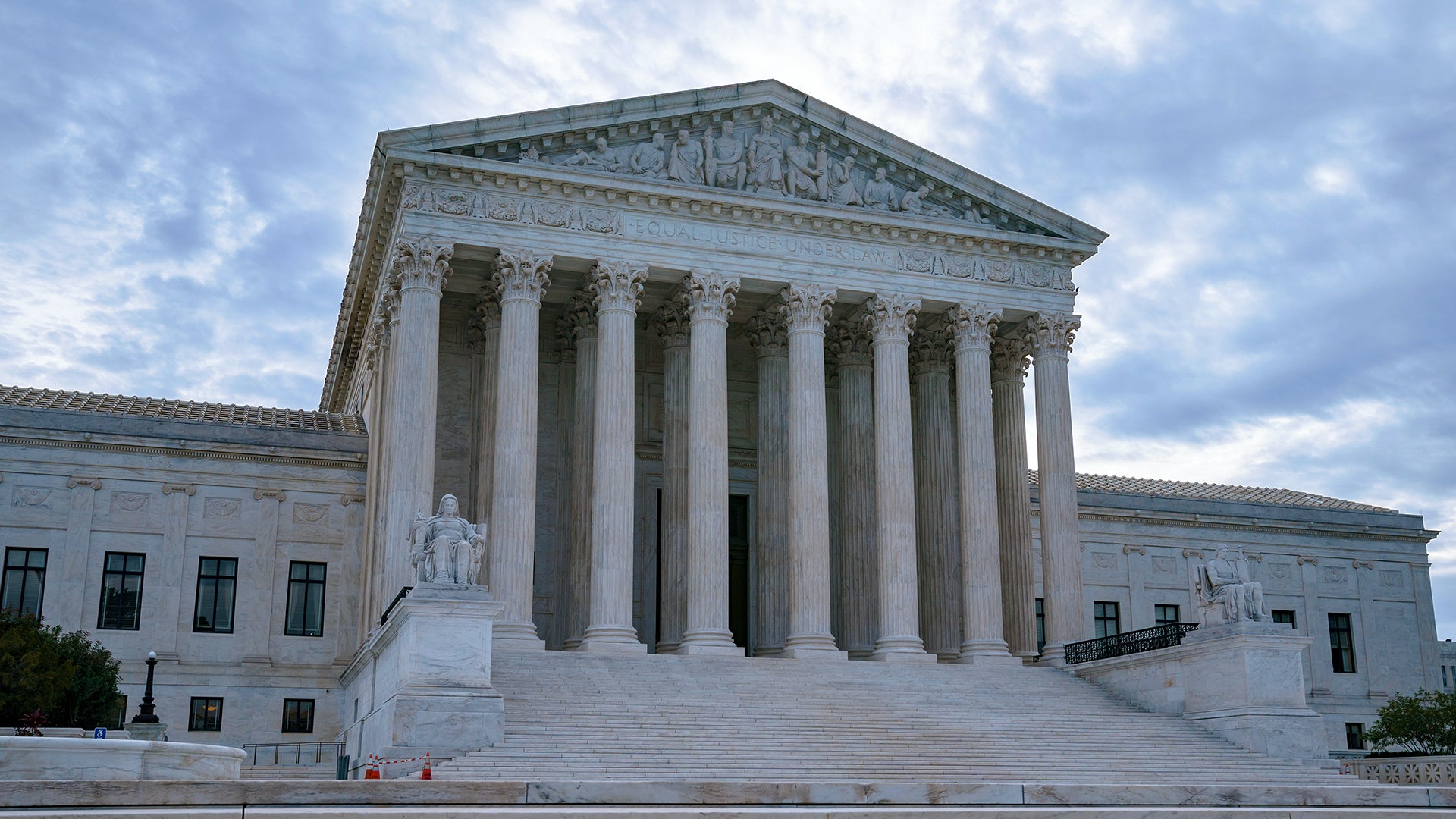
The Supreme Court issued several major rulings on the final day of its term today.
The most high-profile case today was about U.S. immigration policy. The Court said President Biden has the right to end the “Remain in Mexico” policy which was a Trump administration rule that allowed asylum seekers to be deported while they waited for their cases to be heard.
The policy was quite effective at stemming the flood of migrants at the border. Four months after it was put in place, detentions at the border declined more than 60 percent.
President Biden sought to lift “Remain in Mexico” when he took office, but the state of Texas sued to block the move.
Court Tells EPA to Back Off
The high court also issued a ruling about government overreach, clarifying the separation of powers that the U.S. Constitution requires, and telling the Executive Branch to stop doing what the Legislative Branch should do.
The justices ruled 6-3 that the Environmental Protection Agency, which is currently controlled by the Biden administration, doesn’t have the power to regulate carbon dioxide emissions from power plants unless Congress gives it the clear authority to do so.
The EPA wanted to use the Clean Air Act to impose strict climate change measures on power plants. But the court ruled that bureaucracies like the EPA can’t just decide that laws mean whatever they want them to mean, telling Congress to do its job if it wants carbon dioxide regulated.
“Capping carbon dioxide emissions at a level that will force a nationwide transition away from the use of coal to generate electricity may be a sensible ‘solution to the crisis of the day,’” Chief Justice John Roberts wrote in his opinion for the court.
But he further explained, “A decision of such magnitude and consequence rests with Congress itself, or an agency acting pursuant to a clear delegation from that representative body.”
Breyer Retires, Jackson Takes Over
And finally at the Supreme Court today, there is a changing of the guard.
Justice Stephen Breyer officially steps down at noon, after serving 27 years. Justice Ketanji Brown Jackson, the court’s first African-American woman, will then be sworn in. She was already pre-approved for the post by the Senate.
The remainder of this article is available in its entirety at CBN

